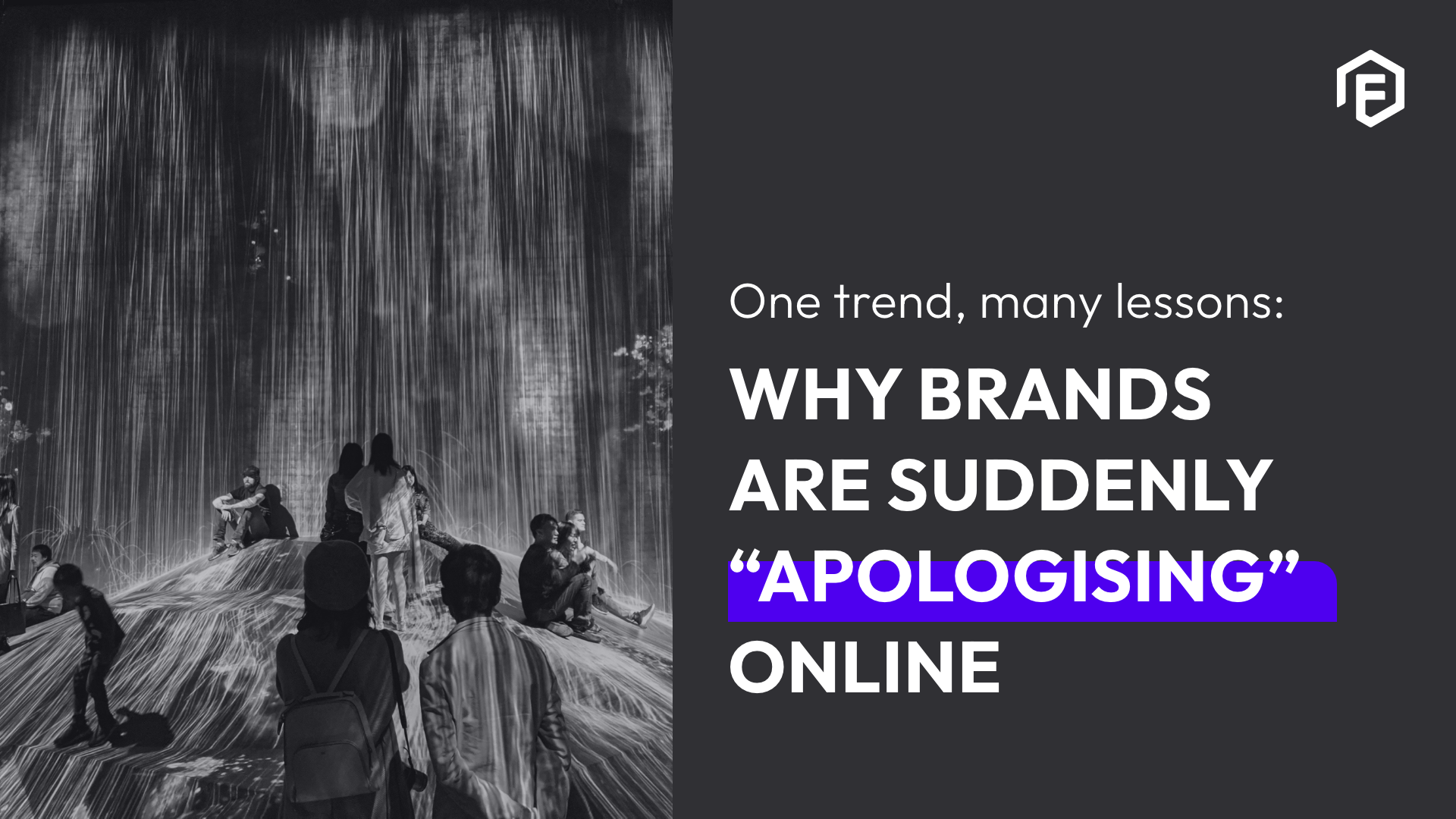I’ve always been interested in the human decision-making process, and finding out the “Why?” It’s what drove me to start studying psychology, which ultimately led to a lifelong, curious obsession. You could ask me whether I have found the answers, but you’d have to buy me dinner first. Back to human decision-making. Should I buy a Ford or a Kia? Should I take this internship? Should we spend 1 or 2 million on a new communications strategy? Should we use new or traditional media? Should I dye my hair pink? You would think that it is easy to just make a decision but, unfortunately, it’s not as simple as that.
Heuristics & Decision Making
(Photo credit: Dilbert.com)When we are faced with many choices, we tend to employ heuristics in our decision-making process, which are mental shortcuts that ease the cognitive load in making a decision. They are simple, efficient rules that we have learned and use to assist us in making decisions.
A very simplistic example would be, ‘Which route do I take to work today? I took the highway yesterday and it wasn’t so bad so I’ll take it again today.’ This process is an example of the familiarity heuristic, meaning that because it happened a certain way in the past, it will still be true in the present situation.
This way of making a decision is far quicker and easier than getting a map out and analysing all the possible routes to work, and considering all the possible scenarios using these routes, in order to make a decision as to which route to choose. In our ever-increasing, overloading world of information, I wonder if it is becoming more difficult, or easier, to make a decision?
An example I encounter regularly is digital data. We now have the ability to track and measure online behaviour, more succinctly and granularly than before, and technology is only increasing that ability. Which, unfortunately, is leading to an increase in analysis paralysis.(Photo credit: TeenBusinessCentral)
Analysis Paralysis
This is when we overthink something to the point where a decision is never taken, ultimately paralysing the outcome. In effect, our quest for answers is halting us, keeping us cocooned in the questioning. I believe that it comes down to an element of fear; after all, being wrong doesn’t sit well with our human need for positive acknowledgement. I have sat in many meetings where data is pored over, questions asked, more data is scrutinised, more questions asked. Unfortunately, this also sometimes leads to, “But can we trust the data?” I am not advocating that we stop asking questions, but we cannot use them as an excuse not to act.
Imperfection in action is better than perfect inaction
Instead of being blinded by the light, here are some tips for overcoming analysis paralysis.
1. Set a date
Setting a deadline helps to make the process finite. No decisions are made in a vacuum, so chances are that someone is waiting on you. Do your research, but put a time cap on it. That way, you won’t get lost in the questioning.
2. Sanity Check
Don’t do it alone. Involving others in the decision-making process helps build diversity in the thought process, and challenges any confirmation biases that you might be using.
3. Define the ‘enough’
No matter how much information, how much data, that you have, there will always be more. And remember, just because you make a decision at the time with the information that you have available, doesn’t mean you can’t adapt and change it at a later date.
4. Slowly slowly
catch-a-monkey Funny enough, this is something that an old boss used to say. It is applicable here as well. Rather than looking at your decision as this one-time, set-in-stone, the main event, look at it as just another step forward. See it as incremental decision-making, instead of paralysing yourself with the pressure of making ‘the ultimate, conclusive decision’. Change is inevitable, and one of the beautiful things about digital is that it is dynamic and fluid. It allows us to keep learning, and to halt and iterate if something isn’t working. All that is needed is to make the decision.



